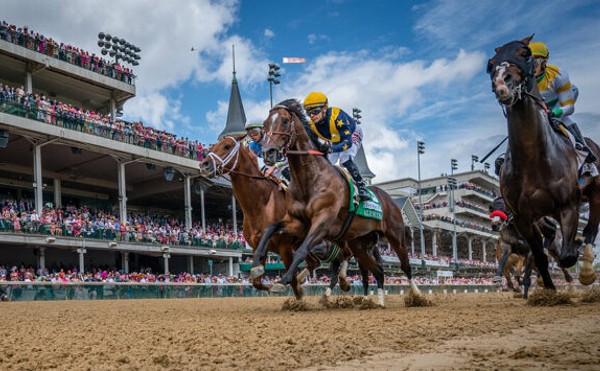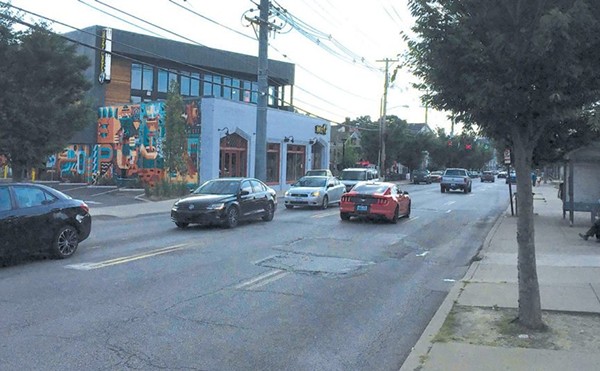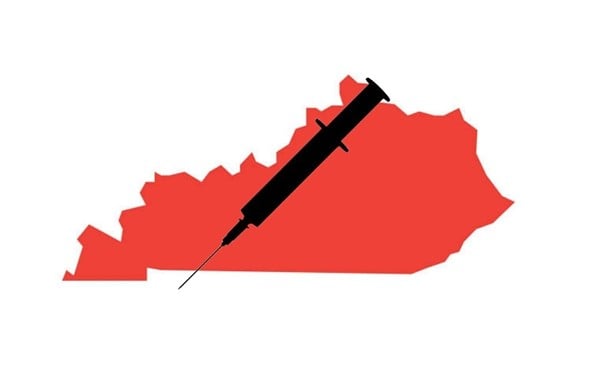Dear Mr. George,
Thanks for the work you did on the LEO article about Sojourn. We weren’t sure what to expect, but at the end of the day, we all tend to think the article was pretty fair and pretty accurate. There were a couple of issues we felt the need to bring up:
Fundamentalism
We are not fundamentalists. Fundamentalism was a literalist Bible movement born out of a reaction to 19th-century liberalism. A later movement sought to reconcile the merits of both movements — the intellectual insights and critical reasoning of liberalism and the desire for historical faith in the scriptures of fundamentalism. This movement was called evangelicalism. (That term has now been co-opted by the media to mean something political that we don’t associate with either, so I don’t have a better term — sorry for that.)
The point of that is to say that our understanding of the relationship between the church and the city around us is RADICALLY and COMPREHENSIVELY different than, say, Jerry Falwell and the other proponents of fundamentalism and the religious right. It is possible to hold to core convictions about the Bible and have a radically generous understanding of how to build a better city, a more loving Louisville and a richer culture of art and music. If we were fundamentalists, we wouldn’t host half the shows we host. We wouldn’t feature half the art we feature (if we featured any at all!), and the list could go on and on.
Homosexuals and Sojourn
A line in the article has unfortunately been open to misinterpretation. To make things clear, we want to state that we don’t require homosexuals to make a statement that they desire to change in order to attend. That would be absurd. We welcome people to come, explore truth with us and ask their questions. If they don’t desire to change, don’t believe they need to change and think we’re full of horse crap, that’s fine. They’re still welcome. The challenge to change would only come to those who desire to align with us in covenant membership. More than half of our attendees are not members.
Additionally, there are numerous homosexuals who attend Sojourn. Some have chosen to become members and to seek change in their lives. Many others have not. They’re all welcome here to seek and ask questions and participate in the life of the community. Fundamentalist homophobic fear would have us conducting witch-hunts throughout the church and barring the entryway.
We do no such things. We’re seeking a different way of doing church and of being the church in our time.
Boycotts?
Several folks have thrown out the term “boycott” in response to the story — boycott the shows, the art openings, etc. Before you choose to boycott us forever, consider this: If you make this decision, then be consistent. Stop supporting all businesses that are run by Bible-believing Christians (or orthodox Jews and Muslims, or Hindus or Buddhists, all of whom have statements against homosexuality in their sacred texts), or those who support other ideas you may be philosophically opposed to. I guarantee that you can’t be consistent unless you’re subsistence farming and bartering with like-minded folks.
This is what makes our country such a big beautiful mess. The issue for us is not to ask this pantheon of faiths and convictions to compromise and meet in a muddy middle, but to figure out how we as a diverse group of people can do politics in the historic and philosophical sense — as Hannah Arendt says, to go about the business of figuring out how we can live with one another. This need for community without compromise is what fundamentalists and the so-called “Christian Right” have gotten absolutely wrong over the years. It’s this kind of culture of fear and hate that we are trying to break down.
Many in the diversity movement have said, “You fear what you do not understand.” I believe this is true in our case as well.
Our biblical convictions have led folks to jump the gun and assume that we’re some kind of Trojan horse, that at the end of the day, we take off our Western shirts and horn-rimmed glasses, slip on our Hilfiger polos and watch the Golf Channel, praying for the day when we can live in the light.
I hope you’ll reconsider your concerns in this light. I also hope you’ll ask around — you probably know some Sojourners. Do their lives reflect the kind of fear-mongering fundamentalism you describe?
The river of tolerance and diversity flows both ways. We want to live at peace with this city — with those who agree and disagree alike. Only when we’re able to get past polemic and start to converse with people, real people not stereotypes, will we be able to have that kind of peace. Only when we’re ready and willing to live at peace with people we disagree with will we be able to build a better, richer city. St. Paul himself, that misogynistic hatemonger of all hatemongers, put it this way: “If it is possible, as far as it depends on you, live at peace with everyone.” (Romans 12:18)
That is our sincere desire.
Respectfully Yours,
Mike Cosper
Sojourn Community Church
Stephen George responds:
In the secular context, “fundamentalism” is most commonly defined as a belief in the infallibility and literal interpretation of a sacred text. While I acknowledge that Sojourners may sometimes find themselves grouped with the more crazed political animals of current Christianity, people like Jerry Falwell or John Hagee, the story did not refer to Sojourn specifically as “fundamentalist.” The term was used as an adjective to describe the church’s approach to scripture. The term “evangelical” was also used in reference to the church’s involvement in the community. I see no compelling reason to contort rhetorically for some other label when both terms were used accurately in their contexts.
As well, the thrust of the story was that Sojourn operates differently than a traditional Baptist church, despite promoting a fundamental interpretation of scripture — which includes a view that homosexuality is sinful behavior that should be reformed. The question posed in the story was, to paraphrase: Can Sojourn legitimately claim to be a tolerant church while preaching that homosexuality is a sin?
I remain convinced, given the church’s broad involvement in the city of Louisville, of the relevance of that question.





